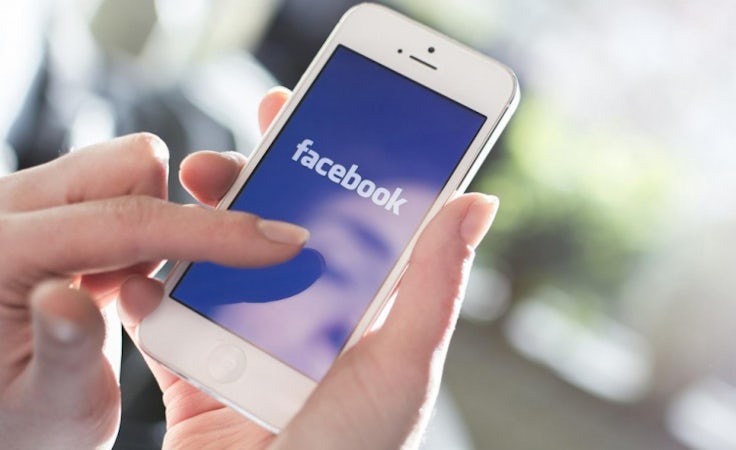‘Brands should be the calming voice after Brexit vote’
With the UK voting to exit the European Union, the marketing industry has reacted with both shock and intrigue.
Despite London, Scotland and Northern Ireland all backing staying in the EU, Remain only secured 48% of British votes, as the Leave campaign won with a dominant 52%.
The pound has already fallen to its lowest level against the dollar since 1985, while Prime Minister David Cameron confirmed he will resign, with new leadership expected by the time of the Conservative party conference in October.
Although the potential negative impact of a Brexit on both advertising budgets and the confidence of senior marketers has been reiterated over recent months, ISBA’s position is that today’s outcome could create an opportunity for marketers.
A spokesperson says: “‘The UK ad industry remains strong as a global player and we are confident that this vote provides significant opportunities as the dust settles.’
“It is business as usual, we are in the EU for at least two more years and may be longer. Rash decisions in business or politics rarely pay off.”
However, it also admitted “It is not clear what change will look like in the short term or the final new relationship with Brussels”.
Caution set to continue
Richard Robinson, managing partner at Oystercatchers, said brands significantly scaled back their ad budgets during the first quarter as caution set in. And now the outcome is clear, he expects this caution to continue.
“That caution will certainly continue for the near future. While the trade agreements are being worked out with the EU, it will be a difficult 18 months or so for marketers and the current £88bn value of the creative industries could be vulnerable. But this is different to the 2008 recession where we were unprepared, with no financial buffers. The storm will likely calm.”
There is also an opportunity for marketers to win consumer trust, according to Robinson. He explains: “There is a strong opportunity for brands to become the calming voice post-Brexit and to provide that calming reassurance to consumers that despite things changing politically, our relationship can stay the same.
“There’s a real chance to build trust.”
Richard Robinson, managing partner, Oystercatchers
For marketers, the decision is “not good news, to say the least”, according to Sir Martin Sorrell, CEO of WPP. He said the agency would have to “deploy a stiff upper lip” to recover from the verdict.
“I’m very disappointed, but the electorate has spoken. The resulting uncertainty, which will be considerable, will obviously slow decision-making and deter activity. This is not good news, to say the least. However, we must deploy that stiff upper lip and make the best of it.
“Four of WPP’s top ten markets are in Western Continental Europe and we must build our presence there even further. It just underlines the importance of implementing our strategy: fast-growth markets (BRICs and Next 11), digital, data – and horizontality, which ironically means getting our people to work together, not apart!”
The ‘inevitable impact on disposable income’ will see consumers revert back to 2008 spending habits, according to Mike Watkins, head of retailer and business insight for Nielsen UK.
He explained: “Over the next two years disposable income will be hit, that’s a guarantee. The brands such as Aldi, Lidl and Poundland that benefited during the recession will continue to but the more major retailers could struggle as the prices start to rise next year. We expect to see consumer confidence fall and wobble.”
But it was a message of defiance from the IPA. The body for advertisers said a Brexit will force UK marketers to up the creativity levels and prove their worth globally.
Paul Bainsfair, IPA Director General added: “As an industry we had hoped that the referendum would have kept us in the EU, however, we believe the UK will continue to lead the world with its creative industries and advertising in particular. We have always been known and admired for our inventiveness and ideas. It will now be more important than ever that we continue to demonstrate these valuable traits.”
Additional reporting by Sarah Vizard






